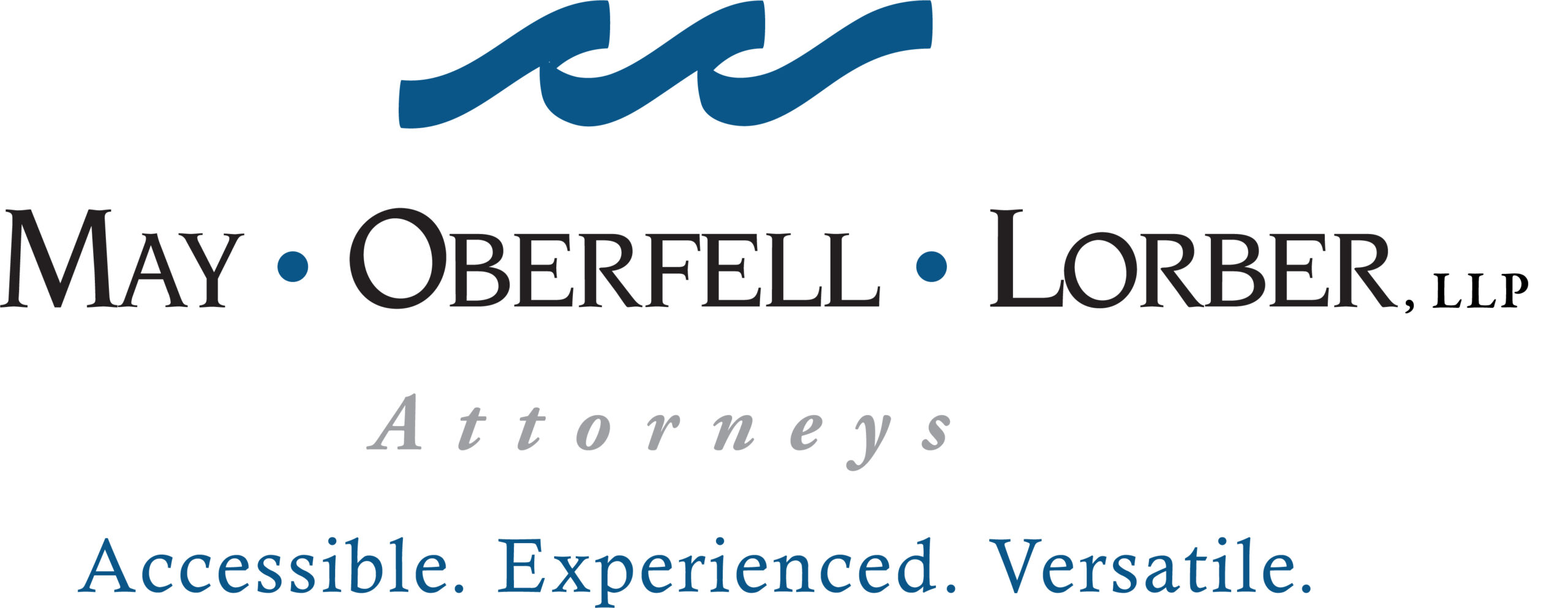HOW BUSINESSES SHOULD RESPOND TO EEOC CHARGES OF DISCRIMINATION
While all businesses aim to have a cohesive, smoothly operating workforce devoid of conflict, inevitably, employees do not get along with one another or become disenfranchised with management. Sometimes, an employee will believe they have been wronged in some capacity because of a co-worker’s behavior or management’s response to an issue. An employee who feels aggrieved may file a Charge of Discrimination with the EEOC (Equal Employment Opportunity Commission) stating they have been wronged due to their race, age, sex, etc. If a business has never received such a complaint, it may not know how to properly respond to the Charge.
The business should first consult an attorney. Attorneys who practice employment law frequently assist clients with responding to charges of discrimination, complaints of hostile workplace environments, etc. Aside from engaging an attorney, the company should, if it has not already, investigate the complainant’s allegations. Human resource personnel should speak with witnesses, review written communications, review surveillance footage (when applicable), etc. It is critical that HR’s investigation be well-documented.
With the investigation results in hand, the company’s attorney will then draft a response to the employee’s Charge of Discrimination. Such a response will explain the company’s history, detail what the company produces or services it provides, explain the company’s anti-discrimination stance, and provide the company’s response to the charge with the results of the investigation. Investigation reports, witness affidavits, and the aggrieved employee’s personnel file typically serve as exhibits to the company’s response.
This response is filed with the EEOC. The investigator assigned to the case will then consider the Charge’s allegations and the company’s response. Sometimes this can take a few weeks … other times it takes nearly a year, depending on EEOC field office staffing levels. Eventually, the EEOC investigator will decide if the matter warrants further investigation by the EEOC or if the company has sufficiently rebutted the employee’s Charge. If the EEOC sides with the employer, it will issue a Notice of Right to Sue Letter. This letter informs the employee that the EEOC will not proceed with any further in the matter. The employee then (on his/her own and without the EEOC) has 90 days to file a lawsuit against the company if the employee wishes to proceed with litigation.
The attorneys at May Oberfell Lorber are well-versed in employment law and routinely assist businesses of all sizes with responding to EEOC Charges of Discrimination.
This article is for information purposes only and is not intended to constitute legal advice.
